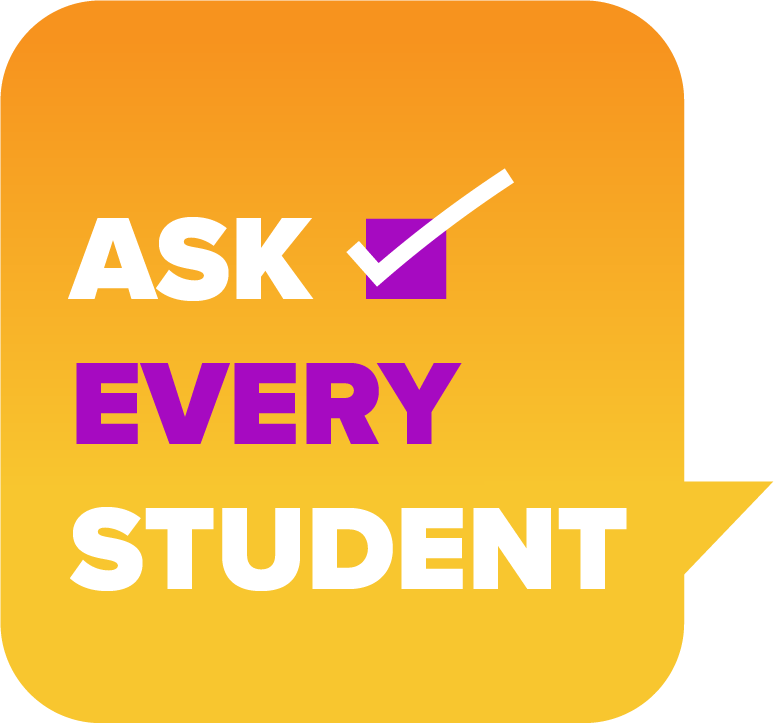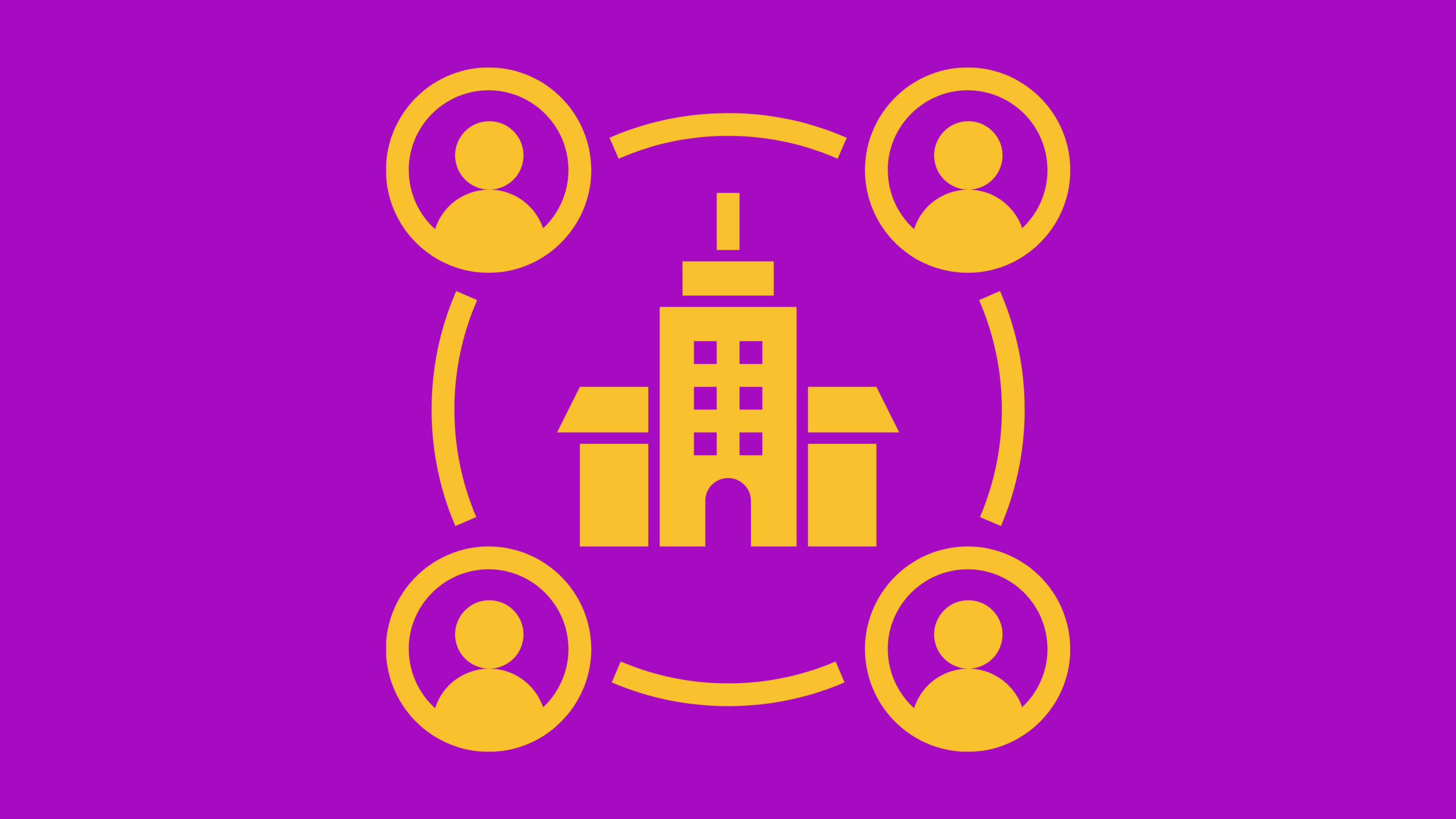Governors State University
Campus created video that provides an overview of Governors State University’s 2022 Ask Every Student initiative.
Campus Specs
🏫 Campus Type: 4 Year, Public
🧑🏾🎓 Enrollment: 4,395 (2,709 undergraduate)
🗺 Location: University Park, Illinois (Chicago Southland)
Campus Resources
💰 Funding? $5,000 funding Ask Every Student Implementation Grant
👨🏽💼 Leader of Effort: 1 Faculty Member & 1 Administrator
🙋🏽♀️ Student Power: 4 Student Voting Ambassadors
⏰ Development Time: Initiative began in Summer 2022
Campus Created Resources
Governors State University Strategy
Strategy written by 2022 Codesigner, Dr. Crystal Harris from Governors State University.
Integrating voter registration into existing processes with campus partners to reach every student.
The Ask Every Student Campaign allowed us to identify and recognize faculty and staff committed to civic and voter education and encourage collaborators to participate in three national civic holidays such as National Voter Registration Day, National Voter Education Week and National Vote Early Day. The GSU coalition emphasized increasing student voter turnout rates through voter education in and beyond the classroom. We combined campus programming with course learning activities and peer-to-peer student voter outreach. These efforts strengthened the voter registration tabling events and programming about civic holidays. Our campus partners included the Social Justice Initiative, the Residence Hall staff, the Coordinator for Civic Engagement (student life) and the Student Senate.
Through your chosen process, executing individualized voter registration and democratic engagement tactics.
A required first year studies course on interdisciplinary humanities was centered around themes of voting rights, voting history, suffrage, as well as contemporary barriers to voting, media and information literacy. GSU students then volunteered as voting ambassadors and applied these skills to three types of advocacy; digital media, direct service and research on college student issues and concerns. The students read and collected survey data to understand the needs of disenfranchised voters on our campus and in their local communities. They practiced holding these conversations in class and implemented projects to address barriers to voting or issues that impact college student voters (or young voters 18-29) who are skeptical about the democratic process. Online voter registration was also made available on campus several days per week at various locations.
Institutionalizing these tactics to be a sustainable part of your campus culture.
The implementation strategy began with building capacity through targeting first year college students and new voters. We also built capacity by creating roles for student workers, new student leaders and new faculty within our coalition. Coalition-building across campus and with local campuses (i.e. Columbia College Chicago in particular) was another useful strategy before implementation. This spring the coalition will continue to engage student voting ambassadors by hosting learning communities for with faculty/staff voting champions. The success of our student voter registration, voter education, and mobilization will be more sustainable when we are consistent in our training and development of the stakeholders. The final event of AES was a Post-election Town Hall dinner where we all came together to share our vision of the next steps for the student voter movement on campus. This event led to an exciting conversation where students, staff, faculty, and administrators shared our respective vision for our campus in 2024 to normalize the culture of voting.



